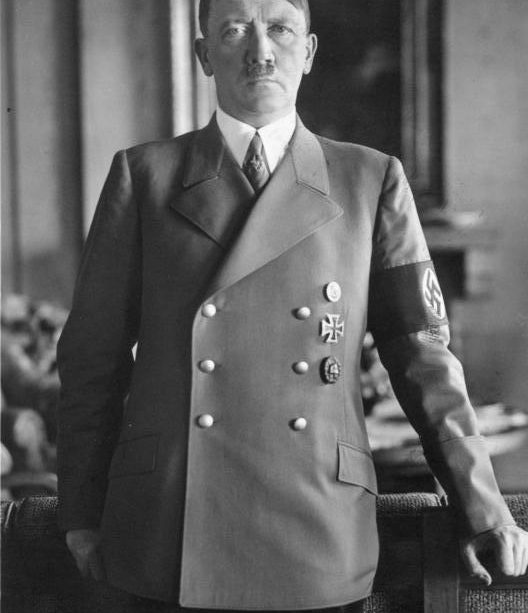The Legacy of Adolf Hitler: A Historical Perspective

The Importance of Adolf Hitler in History
Adolf Hitler remains one of the most controversial figures in history. His actions not only shaped the course of the 20th century but also left a lasting imprint on global politics and social dynamics. Understanding his influence is critical for appreciating contemporary issues related to nationalism, totalitarianism, and human rights.
Rise to Power
Born in Austria in 1889, Hitler moved to Germany and eventually joined the German Workers’ Party (DAP) in 1919, which later evolved into the National Socialist German Workers’ Party (NSDAP) or the Nazi Party. By exploiting economic troubles, social unrest, and national pride, he ascended to leadership roles within the party throughout the 1920s. His powerful oratory skills and propaganda effectively rallied the masses, enabling him to become Chancellor of Germany in 1933.
Policies and War
Once in power, Hitler implemented policies that led to World War II. His expansionist agenda was marked by the invasion of Poland in 1939, prompting Britain and France to declare war. Hitler’s regime was infamous for its totalitarian control over society, aggressive militarisation, and especially for the Holocaust, which resulted in the genocide of six million Jews and millions of other innocents.
Impact on Society
The repercussions of Hitler’s actions are still felt today. His extreme nationalism and militarism inspired various movements and ideologies worldwide. Following the war, the establishment of the United Nations aimed to ensure that such atrocities would never recur. The Nuremberg Trials sought to bring those responsible to justice and laid down legal precedents for dealing with war crimes.
Conclusion: Lessons and Reflections
The complex legacy of Adolf Hitler serves as a powerful reminder of the dangers posed by totalitarian regimes and unchecked power. Historians argue that studying this period fosters a deeper understanding of current political climates and the importance of vigilance in safeguarding democratic principles. As we move forward, it is crucial that future generations learn from the past to prevent history from repeating itself.









